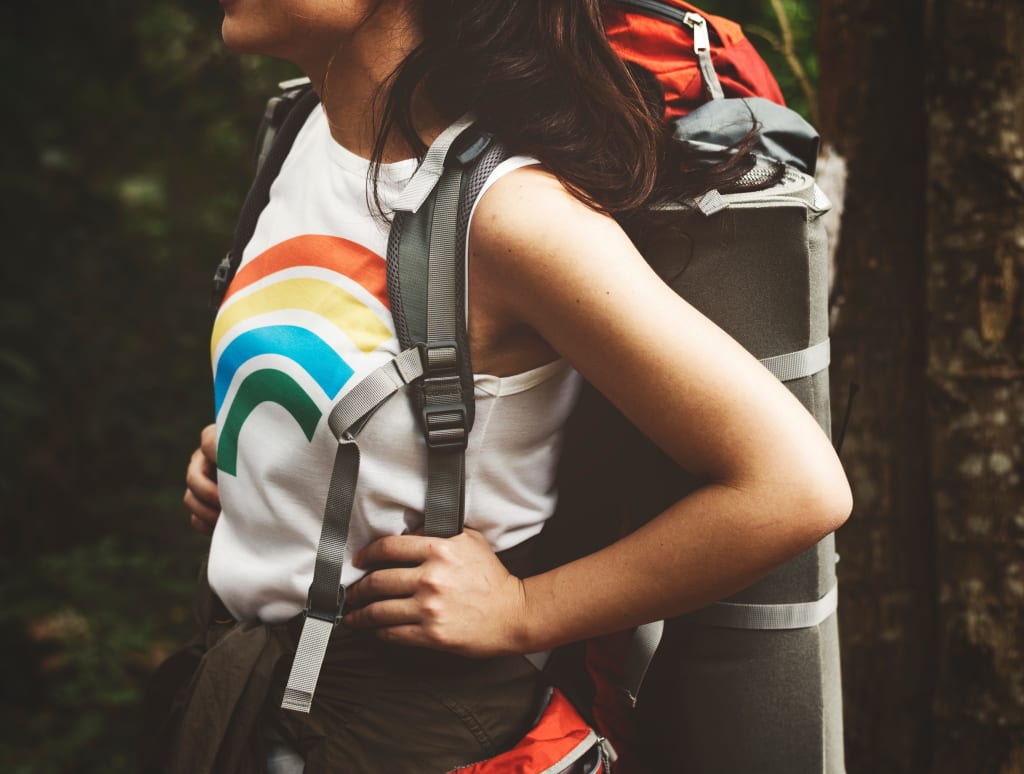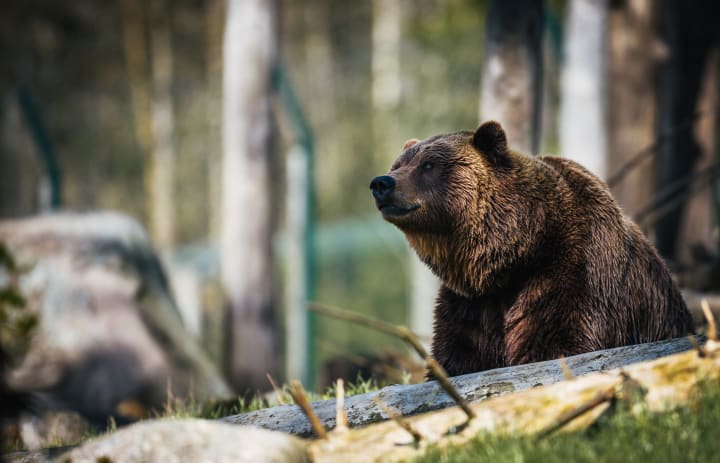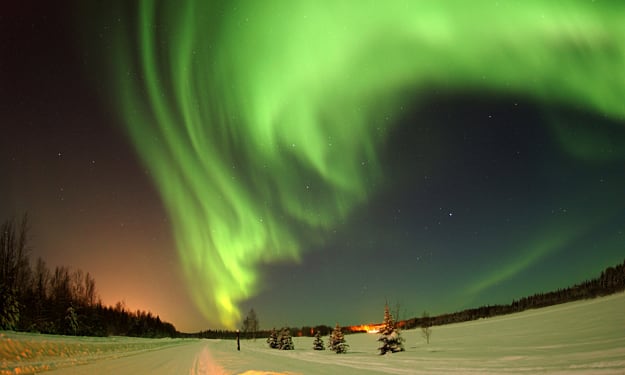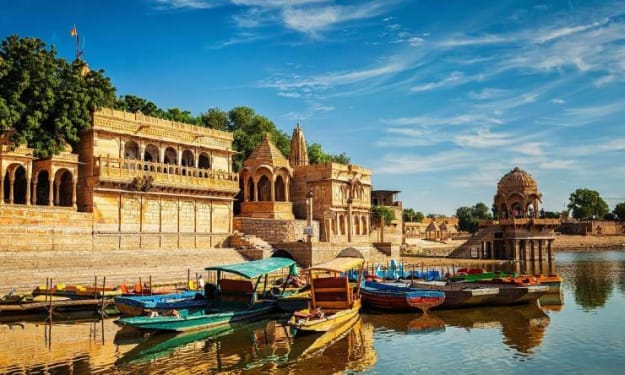10 Backpacking Tips from Experts
Stay safe and comfortable out there by heeding these backpacking tips from experts.

Backpacking can be exciting, meditative, beautiful, great exercise... a lot of wonderful things. If you're not properly prepared though, it can quickly turn into a disaster. Out in the wilderness, lack of preparation can be life-threatening. Here are some backpacking tips from experts, to make sure that your trip goes as smoothly and comfortably as possible. If you're ever in doubt, you can always find backpacking essentials on hiking forums, or just by stopping by an R.E.I. or other outdoor's store.
Getting your backpacking gear together can be expensive, I know, but one thing you absolutely cannot skimp on is boots. Tennis shoes might cut it for a nice day hike, but for a multi-day trip, where you're hitting the trail for miles and miles with a heavy pack on your back, you're going to need the absolute best in hiking boots. You want to look for a pair that's big enough to fit thick hiking socks inside, and something to can wear for a few long walks at the very least before your big trip. The last thing you want in mile 12 of your backpacking adventure is bleeding, oozing blisters. You also want to look for a pair that's build for longevity, not just day hiking. Different hiking boots are constructed with different purposes in mind, and so even high-quality hiking boots might not be right for multi-day wear.
Be prepared for the wildlife.

One of the first things you should do before your trip, even before you start packing or even making a packing list, is research. You don't want to just blindly follow some expert's advice or use their packing list, because backpacking and camping is not the same from place to place. Of course, much of it is standard: camping gear, water filters, hiking boots, etc. There are two factors that you need to be independently prepared for though: weather and wildlife. With regards to wildlife, you should research what kinds of potentially dangerous animals are native to your area. If you live somewhere near bear territory, you should be sure to bring a bear canister. Even though these predators are generally far more afraid of you than you are of them, a momma bear won't hesitate to attack if you accidentally get too close to her cubs, and packs of animals can be much more dangerous than one on its own.
Plan your route carefully.

You want to pick your locations and your route strategically, based both on your preferences and on your skill level. Beginning backpackers should look for established hiking areas, not too far from home, with the kind of climate you're used to. You also want to be going at a time of the year where the days are long and the weather is warm. While it might feel tempting to plan your hike for breezy, 60-degree week in Spring or Fall, those temperatures drop drastically at night and can put you in danger, especially if you didn't bring extra clothes. You also want to plan carefully, and realistically, for how much ground you'll be covering. This means taking into account elevation changes—five miles flat is a very different hike than five miles uphill. If you're aiming to cover a lot of ground, you might want to look for trails with limited elevation gain throughout, no more than a couple hundred feet.
Don't bite off more than you can chew.

For beginning backpackers, you want to take things easy on yourself. It's tempting to dive in headfirst, and tackle the biggest trails in the harshest conditions, but backpacking can be very dangerous, and starting smaller is the best way to learn the ropes and stay safe. In order to not bite off more than you can chew, you should keep an eye on factors like elevation change, climate, difficulty of terrain, and, of course, length of the trip. In order to find the best trails for you, you can ask around locally at outdoors retailers like R.E.I., in regional hiking forums, or start off at one of these beginner backpacking trails in the US. You should also keep extra responsibilities to a minimum as a beginner, and leave any extra equipment or pets at home.
When you get backpacking tips from experts, one thing you'll hear over and over again is gear, gear, gear. A safe, comfortable backpacking trip requires high-quality backpacking and camping gear. This includes a well-made, waterproof tent, a high-quality pack, meal plans, a sleeping bag that's fit for the weather, and, one thing that many new backpackers overlook, a sleeping pad. A sleeping pad is important not only for comfort, but for warmth, as the ground will leech your body heat throughout the night if all you have to protect you is a sleeping bag.
You also want to be sure you have everything you need to eat and hydrate properly on your trip, meaning you'll need a camping stove and cooking utensils, as well as a good water filter.
In addition to your standard camping and backpacking necessities, you should always have a complete stock of emergency gear with you, for any situations that may arise. Keep a basic first aid kit with you, with enough supplies to handle any minor injuries or discomforts (Band-Aids, Advil, gauze and bandages, alcohol swabs, etc.). You can buy pre-packed first aid kits for camping at just about any store with an "outdoors" or "sporting" section. You should also invest in a good multi-tool, like a Leatherman, to both minimize your need for various tools that take up space and increase your pack weight, and to be sure you have all the tools you could need. You also can't forget extra batteries for your flashlight, fire starters, maps and compasses, and a whistle. You want to avoid getting lost at all costs, but if you do, you can whistle for help by blowing three sharp blasts.
In addition to your gear, you need to plan your food and water carefully. Obviously, when you're backpacking, you have to carry everything with you. This means you want to pack as lightly as possible, and avoid heavy items. Unfortunately, pre-cooked food tends to be pretty heavy because of the water content. So you should invest in plenty of "just-add-water" meals and dehydrated goods, which just need a bit of boiling water from a nearby water source to turn it into a pretty good meal, but won't weigh you down with heavy water content. The other aspect of food packing that you need to think about is easily-accessible, high-energy trail snacks to keep you going throughout the day, without needing to stop too often. Trail mix is, of course, the obvious choice. You can always pack a few different mixes (just hit up the bulk bins at your grocery store) so things don't get boring.
Pack for all contingencies (but no cotton).

In terms of clothing, you have a lot to consider. Many of the best backpacking tips from experts regard what you wear and what you pack, and perhaps the most important of all them is: layers. You want to make sure you have long underwear to cover your whole body, at least one pair of hiking pants and one pair of hiking shorts, a long-sleeved shirt or pullover, a down or fleece jacket, gloves, a hat, and rain gear. You should also have at least one extra pair of socks, and a couple pairs of underwear when considering extra clothes. Another backpacking tip from experts in this vein is: Avoid cotton. You want to wear and pack quick-drying fabrics, which will keep you more comfortable, and won't smell as badly towards the end of your trip.
A big mistake that beginning backpackers can make is assuming that there will be plenty of drinkable water. Because of space and weight constraints, you can't be packing a bunch of drinking water, but you do need to make sure that you're able to consume the water that you do find out there. No matter how pretty and clear a body or stream of water looks, it could make you very sick, very quickly. So any water you consume should be filtered, or at least boiled. This means taking with you a lightweight, but durable water filter. Be prepared to use it a lot, as you'll need water not only to hydrate, but to cook and rehydrate much of your food.
Keep individual items light, so you can carry everything you need.

One of the final, all-encompassing backpacking tips from experts is this: Buy light. Go ahead and look for second-hand items, or borrow them from others, to save on the cost, but don't skimp on quality, especially when it comes to big gear. You need one of the best backpacking tents to bring on your next trip, a lightweight sleeping pad and bag, a lightweight filter, and, of course, a lightweight pack. Trying to make do with standard camping gear can cause hikers to weigh themselves down far too much, lose ground, and end up with back issues. It's a bad idea to leave any of these essentials at home to meet your weight needs, so you need to get lightweight items so that you can take everything you need.
About the Creator
Nicola P. Young
Lover of Books, Saxophone, Blogs, and Dogs. Not necessarily in that order. Book blogger at heartofinkandpaper.com.







Comments
There are no comments for this story
Be the first to respond and start the conversation.